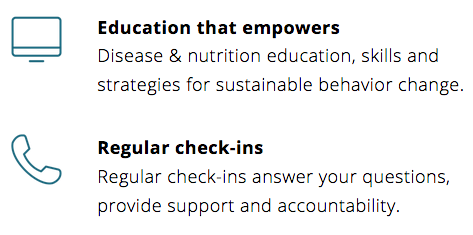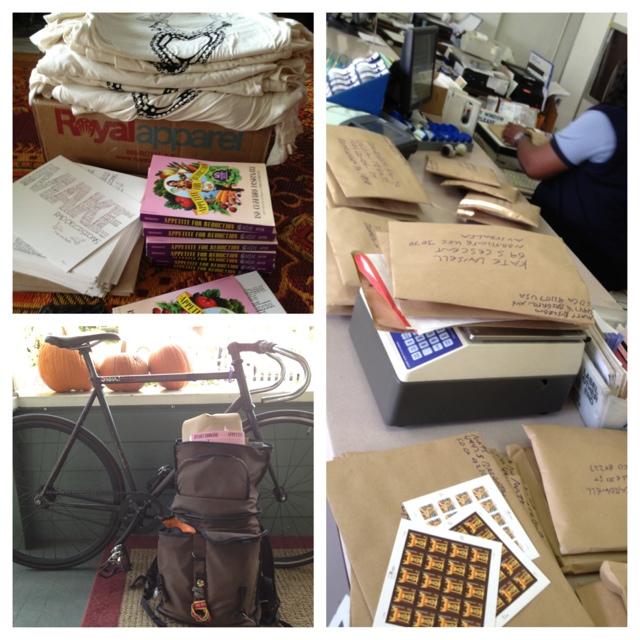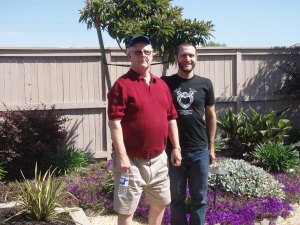It has been a busy year! For long-time readers of my site, that would normally mean races and travel and adventures. Well, the adventure this year has been a new one: the building of Nutrinic. In my last post, I announced the establishment of our nutrition clinic in Pasadena. But the goal here has always been the creation of a nutrition program for disease prevention. And we finally have it! It’s called the Lifestyle Intervention Program to Prevent Diabetes, or LIPPD for short (my fellow nutrition nerds will appreciate the acronym).

It’s a 6-week program that guides people through the science of nutrition, the ins-and-outs of shopping and preparing food, and successful strategies for long-term change. So often I see people ask about making diet changes and are told to either 1) read a book 2) attend an expensive retreat or training. Our goal with LIPPD is to have an accessible, simple program addressing every challenge in dietary behavior change. In many ways it’s everything I have learned in my 15 years in the field of nutrition condensed into 6 weeks. I’m really proud of the work we’ve done and I implore you to check it out in detail on the website!
While we focuse on type 2 diabetes prevention and are working primarily with pre-diabetics (an incredible 1 in 3 US adults have pre-diabetes), I believe the program is useful for everyone who wants to learn about nutrition, the pathophysiology of cardiovascular diseases, or simply how to make the changes they’ve always wanted to make! If you know me, or have heard me speak in-person or on podcasts, I’m all about simplicity. And this shows, I think, in this program through our video lessons, handouts, recipes, and structure. Plus it’s available world-wide as it’s fully online and tele-health compatible.
Since it’s new, we have it for an incredibly low price right now, so please do check it out and share it with anyone you think would be interested or who could benefit from such a program! All the info is at nutrinic.com.
Thanks for reading! Stay tuned for more regular updates with the new site.
Some notes:
Please follow my more-regularly-updated social media: facebook | twitter | instagram | newsletter
This site is migrating to mattruscigno.com very soon. That link is now up and working (with a redirect here) so if you have me linked you can update it now.








